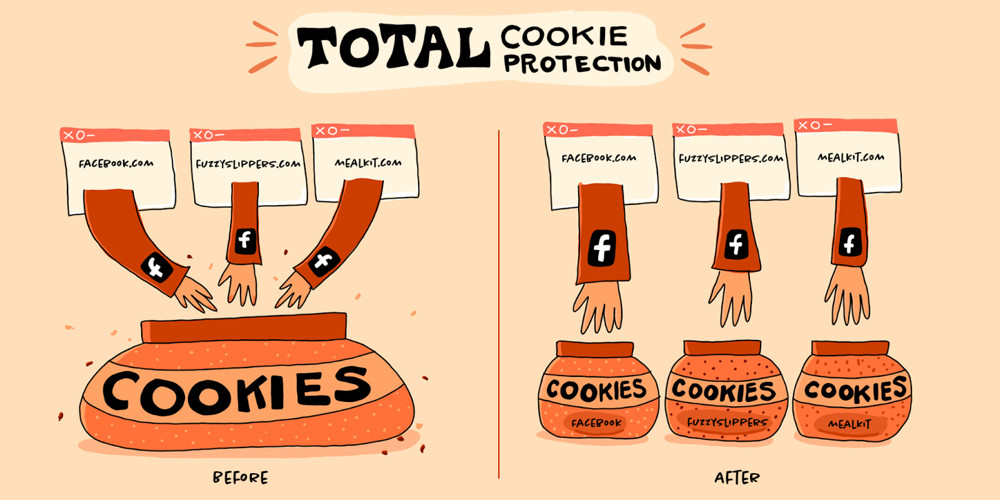Mozilla Firefox 111 It has already been published as a new stable version of the well-known web browser, which this time comes with several interesting new features, to the extent that Android users seem to have benefited the most from it.
When it comes to desktop versions of Firefox, the only thing that stands out is that native Windows notification support is now enabled. It’s not a revolutionary addition, but one that should offer, or at least create the feeling of, a more integrated experience with Microsoft’s operating system, which is currently still growing for most Firefox users, despite being on Linux, where the application has its most loyal following.
Another major new feature in Firefox 111 is that Firefox Relay users can now choose to create Relay mailmasks directly from the application’s credentials manager, although this requires logging into a Firefox account. On the other hand, support for two languages has been added: Friulan and Sardinian.

Since the desktop versions (Windows, Linux and macOS) come with little or no interest, the best part this time belongs to the users Androids that now have Total Cookie Protection available in the standard version of the browser. Such a feature was already present on desktop builds of Firefox Focus, a privacy-focused variant of the app, but is now available by default to all users.
Total Cookie Protection is a feature developed by Mozilla to prevent websites from tracking each other’s cookies. To do this, it isolates the cookies used by the website in its own “jar”, preventing them from being tracked by other websites. In this way, for example, Facebook is prevented from accessing the cookies generated and stored after visiting Amazon. The following diagram published by Mozilla explains in a simple way how the overall protection against cookies works.

The barrier that Total Cookie Protection presents isn’t perfect, but it’s better than nothing, and to say the least represents an obstacle that should at least somewhat strengthen the user’s privacy. Mozilla explains that the purpose of its approach is to achieve “a balance between removing the worst privacy features of third-party cookies, particularly the ability to track you, and allowing those cookies to perform their least intrusive use cases (such as providing accurate analytics).
Details about Mozilla Firefox 111 are available in the release notes, while the application can be obtained for Windows, macOS and Linux from the respective download section. If you have it installed, you can force an update via Main Menu > Help > “About Firefox”, although for Linux it’s logical to wait for it to arrive via the distribution repository, Snap and/or Flathub (Flatpack). The thing about Android is that it comes through the Google Play Store.















